It is morning at Opryland in Nashville, Tennessee, a place where young crooners from Charlie Pride and Johnny Cash to Garth Brooks and the Dixie Chicks have realized their dreams. Not far away is the Grand Ole Opry—country music’s equivalent of the Broadway stage—and a full day of work is about to begin. But this morning, the visitors have business, not music, on their minds.
This is a conference for future entrepreneurs from around the country. Their schedules are packed with seminars on financing, marketing, and operations. Here is a sample: “Business Start-Up Essentials,” “How to Find Money-Making Ideas,” and “Designing Products.” Of course, none of this would be particularly noteworthy except when you consider that these conventioneers are aged seven to ten—and they are not the youngest group here.
There is another set of entrepreneur seminars for kids aged four to six. It’s called the “Kidpreneurs Konference,” sponsored by Black Enterprise magazine and Wendy’s, and this sixth annual event is a sellout. Nearby, the kids’ parents, all entrepreneurs or future entrepreneurs themselves, are packed into their own seminars. If there ever was a doubt that this is the glory age of the entrepreneur, a few days with these “titans of tomorrow” should put that notion to bed.
I write this book, this story of opportunities, because I have been blessed with so many of my own. It’s said that a good entrepreneur always sees sun in the clouds and a glass half full. My wife, Michele, and my daughters, Akilah and Ariel, laugh at me when I tell them that I have gone through life always believing that when I walk through a door, the light will shine on me, no matter who else is in the room.
Like every good entrepreneur, I believe in myself, but I also have enough humility to know that one does not go from the welfare rolls on Chicago’s South Side to owning three successful companies, sitting on the boards of several Fortune 500 companies [S. C. Johnson & Son (formerly S. C. Johnson Wax), SuperValu, AMCORE Financial, and Harris Associates, a $60 billion mutual fund], and teaching at the finest business school in America without a healthy supply of luck—and a handful of caring people.
The first entrepreneur I ever met was a woman named Ollie Mae Rogers—the oldest daughter in a family of 10 kids, and the only one among them who never graduated from high school, let alone college. Fiercely independent, she left home at the age of 17 and got married.
The marriage, I believe, was simply an excuse to leave home. Leaving home meant that she got her independence, and if she was nothing else, Ollie Mae, my mother, was a fireball of independence. When my older brother, my two sisters, and I buried her a few years ago, the eulogy fell to me. I described my mother as a Renaissance woman filled with paradoxes. She was a tough and gutsy woman whose extensive vocabulary flowed eloquently although she barely finished the tenth grade.
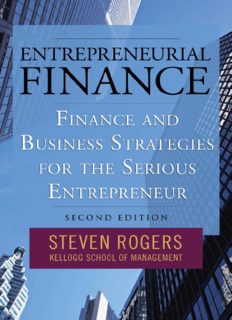
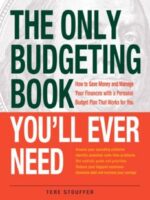
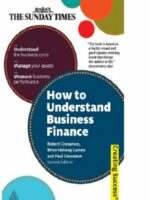


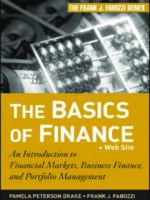

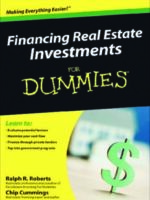
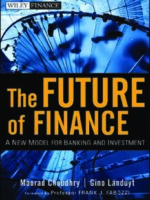
Be the first to review “Entrepreneurial Finance”